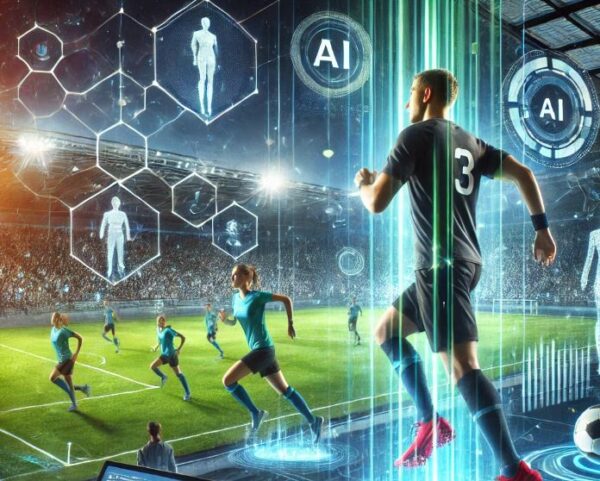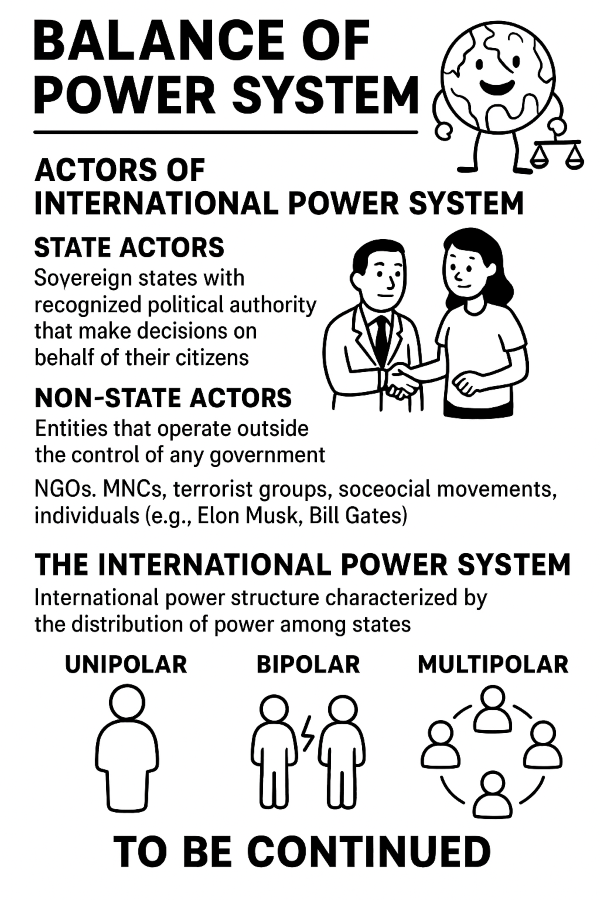The Rise of Technology in Sports: How AI and Data Analytics Are Changing the Game – By Bhanuka – eLanka
Technology has revolutionized nearly every aspect of modern sports, from athlete performance analysis to fan engagement and officiating accuracy. Artificial intelligence (AI) and data analytics have emerged as powerful tools that are transforming how sports are played, coached, and experienced. With advancements in machine learning, wearable sensors, and real-time data processing, the sports industry is witnessing an unprecedented evolution.
Enhancing Athlete Performance
Athletes and coaches now rely on AI-driven performance analysis to optimize training and improve results. Wearable technology, such as smartwatches and biometric sensors, provides real-time data on heart rate, muscle activity, and fatigue levels. This data allows coaches to personalize training regimens, prevent injuries, and maximize an athlete’s potential.
Video analysis powered by AI helps break down gameplay, offering insights into movement efficiency, reaction times, and decision-making patterns. Teams use motion tracking and machine learning algorithms to fine-tune strategies, helping athletes gain a competitive edge.
Revolutionizing Game Strategy and Coaching
Data analytics plays a crucial role in modern coaching and game strategy. AI-driven models analyze vast amounts of data to identify patterns and predict outcomes. Teams use predictive analytics to make data-driven decisions about player selection, formations, and in-game tactics.
For example, in basketball, AI assesses shooting accuracy, defensive strategies, and player fatigue, enabling coaches to adjust strategies in real time. In soccer, data analytics provides heat maps that illustrate player movement and positional advantages, allowing for strategic adjustments.
Improving Officiating and Fair Play
One of the most significant impacts of technology in sports is in officiating and rule enforcement. AI-powered video assistant referees (VAR) and Hawk-Eye technology ensure fair play by eliminating human errors in decision-making. These systems provide real-time replay analysis and help officials make accurate calls in sports like soccer, tennis, and cricket.
Hawk-Eye technology, used in tennis and cricket, tracks ball trajectory with high precision, reducing controversial calls and enhancing transparency. Similarly, goal-line technology in football determines whether a ball has crossed the line, minimizing errors and disputes.
Enhancing Fan Engagement
Technology has also transformed how fans experience sports. AI-driven apps and virtual reality (VR) platforms offer immersive experiences, allowing fans to engage with their favorite teams in new ways. Augmented reality (AR) features provide real-time statistics, player insights, and interactive content during live broadcasts.
Social media platforms utilize AI algorithms to tailor content, providing fans with personalized updates, match highlights, and predictive analytics. Streaming services leverage machine learning to recommend relevant games and enhance viewing experiences with multi-angle replays.
Injury Prevention and Recovery
Injuries are a major concern in sports, and technology is playing a crucial role in prevention and recovery. AI-powered rehabilitation programs track recovery progress and suggest personalized exercises. Biomechanics analysis detects movement inefficiencies, helping athletes avoid strain-related injuries.
Additionally, concussion detection tools use AI to assess impact force and symptoms, aiding in immediate diagnosis and treatment. Wearable exoskeletons and smart braces provide real-time feedback to athletes recovering from injuries, ensuring a safer return to play.
The Future of AI and Data in Sports
The integration of AI and data analytics in sports is only set to expand. Future advancements may include fully automated refereeing, AI-powered coaching assistants, and more immersive fan experiences. With continuous innovation, technology will continue to shape the future of sports, making competitions fairer, training more efficient, and engagement more exciting.
As AI continues to evolve, the relationship between technology and sports will become even more dynamic, pushing the boundaries of human performance and redefining the way we experience athletic competition.

























